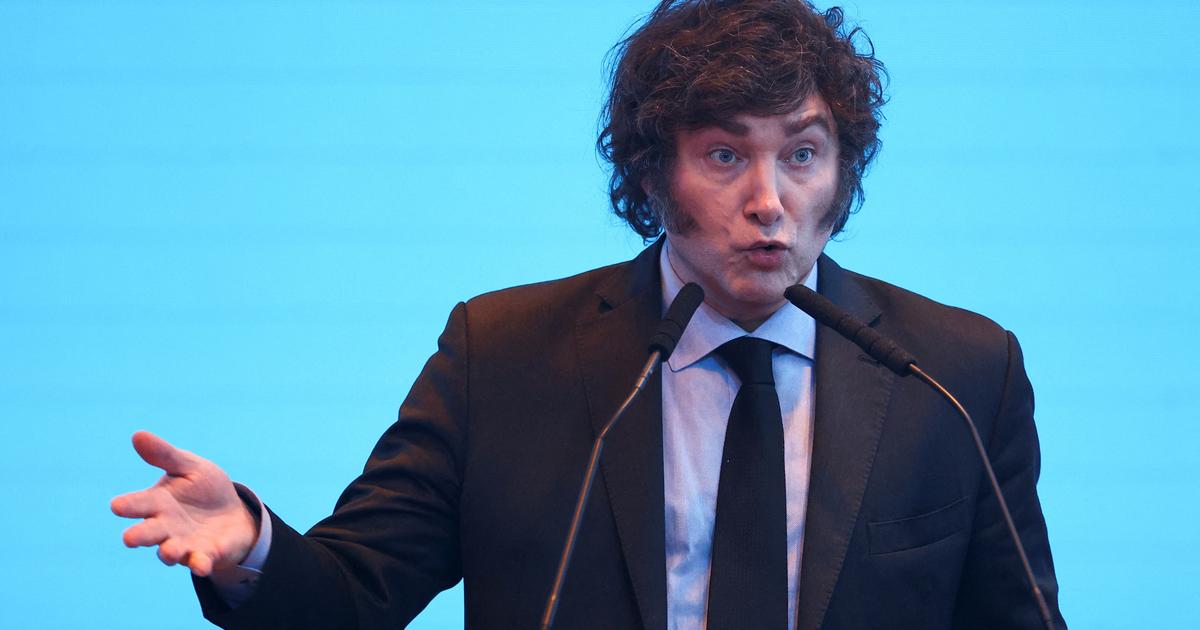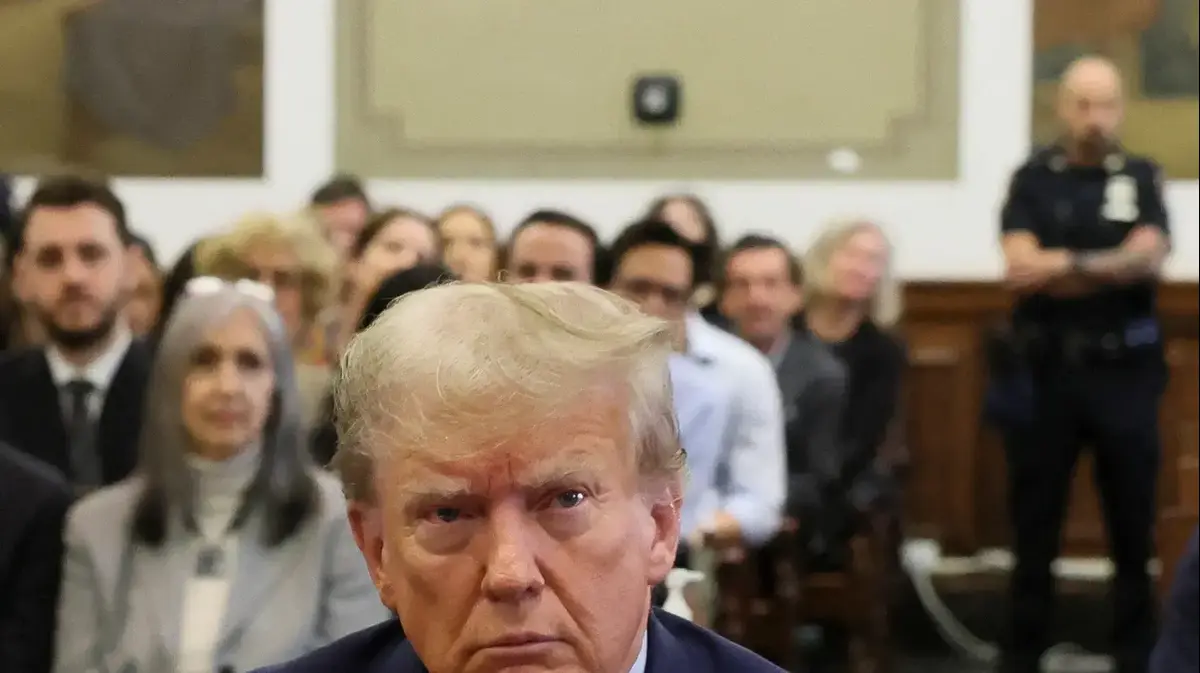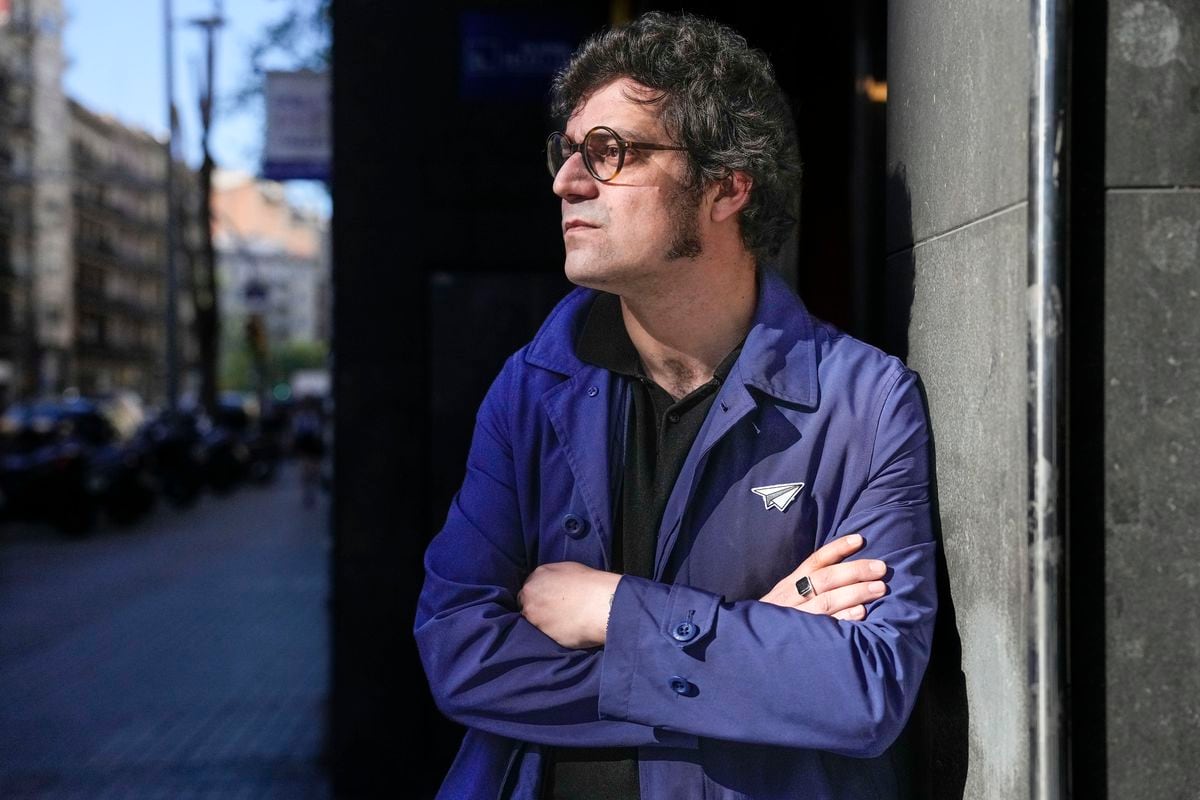President Gustavo Petro is desperate for the system.
The institutionality, his time and the slow forms of politics in which to reach an agreement another twenty have to be negotiated.
Petro has the Colombia he wants in his head.
He has spent decades designing a new country model from the opposition.
In fact, the promise of change was his main trump card to win the elections in 2022. Nine months after beginning his term, the president is suffocating at the seams of the State.
He has deployed an ambitious battery of reforms, but these clash over and over again with Congress where, without progressive majorities, the laws end up being modified, far from those he had designed.
After months of having displayed a political pragmatism that was unknown to him, Petro has said enough is enough.
He has closed the door to ministers of other tendencies and has surrounded himself with his own.
Either the country that he has in mind or neither.
This government crisis that has ended with changes in seven ministries and a senior position was not seen coming.
Tuesday was a hectic day, like almost every day for the president.
He began by inaugurating the international summit on Venezuela in Bogotá and ended it in Zarzal, a municipality in Valle del Cauca where he had to hand over some land to some peasants.
There, away from the noise of the capital, he dropped the bomb.
"They are circumventing the decisions of the polls and that should not be," he said, referring to the establishment and the conservative parties.
"I think the government should declare an emergency," he announced.
Later, he asked all his ministers to present his resignation and declared the Executive coalition broken,
This is how the first Petro government ends and a second begins, in just nine months.
The more moderate ministers leave the cabinet and others closer to the left-wing president enter.
It is a change in strategy that has already been cooking in recent months.
Petro came to power determined to banish all prejudices about his political figure out of the left.
For a huge sector of Colombian society, accustomed to more conservative governments, he was considered a Marxist capable of leading the country down the path of Venezuela or Cuba.
The president wanted to disarm that vision with his first appointments.
At the head of the Treasury, the heart of any executive, the president put José Antonio Ocampo, a renowned economist, with government experience and respected by all sectors.
At the helm of Agriculture and to carry out the agrarian reform, one of the keys to his mandate, he appointed Cecilia López, a veteran of politics who had been part of six previous governments.
Alejandro Gaviria, former Minister of Health who had competed in the center's primaries for the presidential elections, was given the Education portfolio.
The three came from liberalism and formed the moderate nucleus of the Government.
They were his bridge with non-Petristas.
Gaviria was the first to leave, just two months ago.
The other two were fired on Tuesday.
The ministers of La U and the Conservative Party, right-wing parties that until now were part of the government coalition, also left the cabinet.
Only the representatives of the Liberal survive, although that is today a party broken by political and leadership differences.
The most surprising change was that of the Minister of Health, Carolina Corcho, whom the president supported on numerous occasions in the face of criticism of the controversial health reform.
Corcho, with a reputation for being intransigent, an activist and little negotiator, also says goodbye to the cabinet.
Theirs enter.
Old acquaintances of Petro mayor of Bogotá and some of his allies in the campaign.
With them, the president intends to straighten the course of his government, stuck on a multitude of fronts.
The moment is key, the president is at his worst point of popularity.
57% of citizens disapprove of his management compared to 35% of support.
Nine months ago, the endorsement was 56% and the disapproval was 20%.
Petro has already realized that it is impossible for everyone to like him, which is why he has decided to close ranks with his people, with the hard core of the left.
"The invitation to a social pact for change has been rejected," he said on Twitter.
It is a way of saying goodbye to the era of consensus with the rest of the traditional parties.
Petro will now look to the sector that brought him to power, to the leftist militancy, which some of the appointments at the beginning left baffled.
In sight there are also regional and local elections next October, key for the president, who hardly has territorial power.
Strengthening the Pacto Histórico, the left-wing coalition, is vital for its electoral result.
The president's move caught most Colombians by surprise, but brought back the memory of the mayor Petro.
During his tenure at the head of Bogotá (2012-2016), the leftist leader was not able to have a stable and lasting cabinet, with some 50 replacements.
His government is now embarking on a similar path, since it already has 12 changes in 19 ministries.
For some of the politicians who have surrounded him in recent months, this is due to his desire for leadership, his desire to direct everything and not knowing how to delegate.
Petro is aware that he cannot change Colombia in four years.
With a minority in Congress, the only chance to move forward seemed to be forging a coalition with other parties.
But the enormous political differences prevented the development of many of the reforms as the president wanted them.
Now he will not be able to change the country, nor approve everything he had planned, but he wants to make sure that what goes ahead bears his stamp.
Neither a decaffeinated labor reform nor a consensual health reform.
Start the Petro Government, part 2.
Subscribe here
to the EL PAÍS newsletter on Colombia and receive all the latest information on the country.
Subscribe to continue reading
Read without limits
Keep reading
I'm already a subscriber


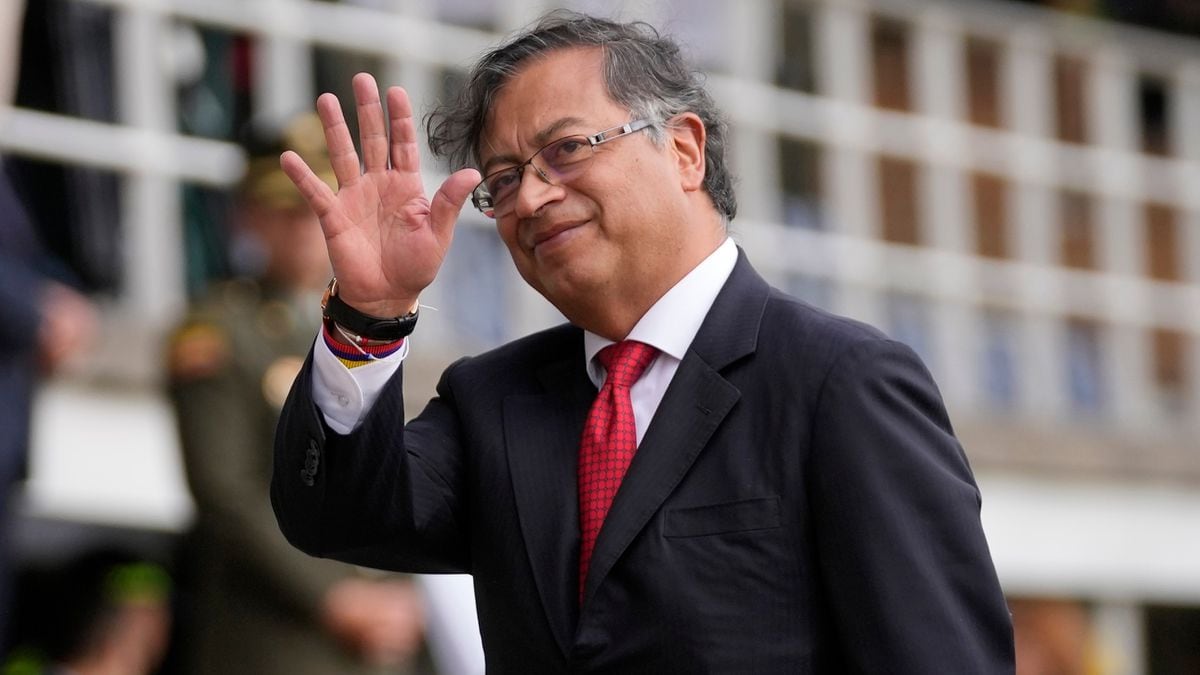
/cloudfront-eu-central-1.images.arcpublishing.com/prisa/EFRVA77BGRH2ZPU376CHIPIX3I.jpg)
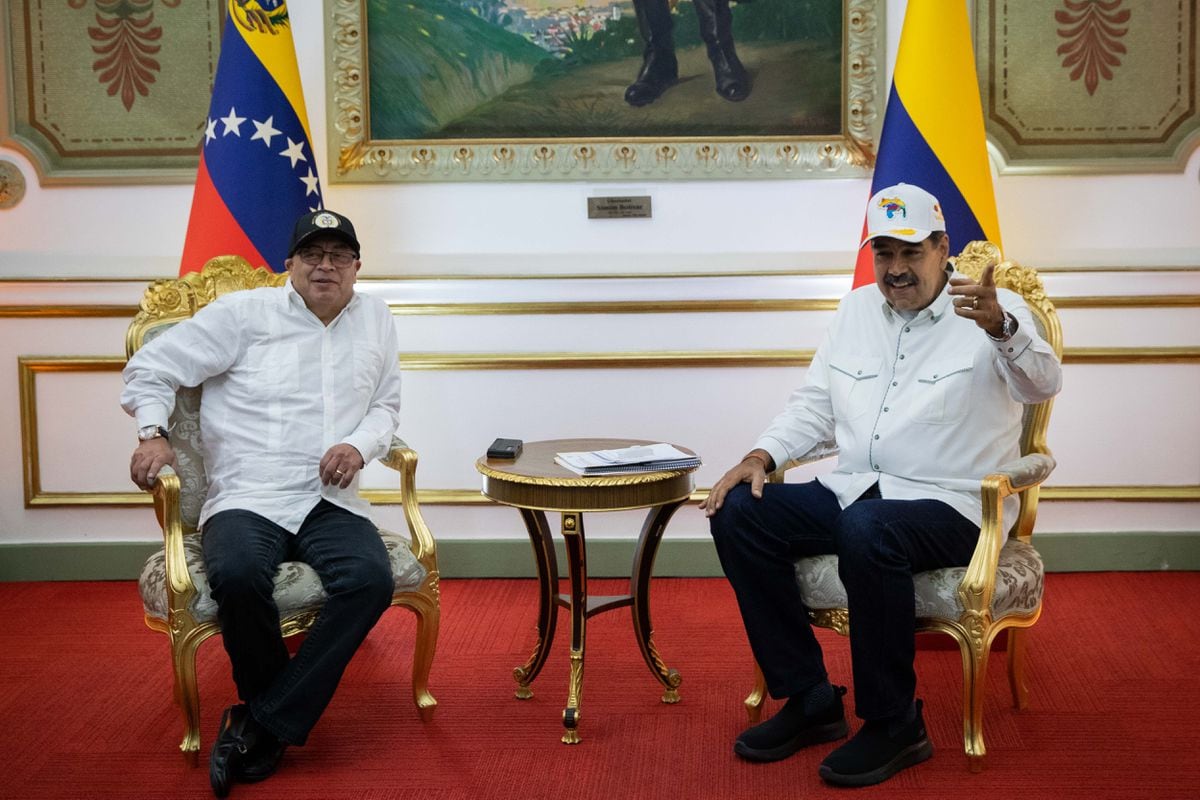
/cloudfront-eu-central-1.images.arcpublishing.com/prisa/RYAE4R2YX5G7LGEJQ74SXZI47A.jpg)

/cloudfront-eu-central-1.images.arcpublishing.com/prisa/FJW7H6PZHVELPBAMBVW6JP5ET4.jpg)
